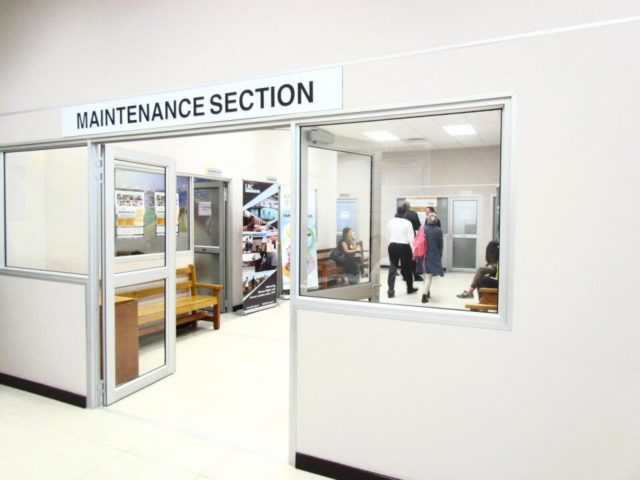‘There have been numerous complaints from women around non-payment’
WHILE no payment holiday has been granted for child maintenance, some fathers are already defaulting on payments. Anxious mothers say they have little recourse.
The lockdown has impacted severely on the economy and has hit everyone’s pocket. Many parents who depend on maintenance, fear drawing the short-end of the stick at the end of this month.
“My ex-husband gave me R500 at the end of March and told me that was all he could afford during the lockdown even though I know he has not been laid off and is working from his house,” said a mother of two.
“This money is nowhere near enough for our two children for which I have a maintenance order where he has to pay R5 000 per month.
“He expects me to pay school fees and buy food for the children with this amount, it is not even enough for their transport for March, which I still had to pay.
“And all I can do is file an arrears complaint with the court which could take months to resolve.”
Another mother said she had been to court to seek an enforcement order but couldn’t get help.
“The ministers on TV tell us that we can go to court for maintenance issues but when we get to court we are told it’s only open for urgent cases. If you have an order in place it does not count as an urgent matter,” she said.
“My child’s father did not even give me a lousy R1. He told me that he would pay two of his other baby mamas for March and I would get my turn at the end of April because his hours had been reduced.
“Government needs to step up because while I may not qualify for child grants, I still can’t afford to maintain this child by myself.”
The founder of Child Maintenance Difficulties South Africa, Felicity Guest, said this was a challenge faced by many parents, particularly women.
“We understand that everyone is going through a hard time not knowing if they will get a salary at the end of the month but the challenges that come with missed payment fall on the primary parent, who is almost always the mother,” she said.
“There have been numerous complaints from women around non-payment, and these are at times from people who are already in arrears and are facing hearings on this matter.
“There are parents not receiving payments at this period and this means post the lockdown they will return to a court system that has already been underperforming and is overburdened even under normal circumstances.
“If you currently have a court date that falls within this time, then you face your hearing being pushed back an additional two months. So those who can pay, even a portion, must pay for the sake of the children.”
Meanwhile, government has further relaxed regulations around the movement of children in co-parent cases where there is no court order or parenting plan in place.
The Minister of Co-operative Governance and Traditional Affairs, Nkosazana Dlamini-Zuma, said in such cases, parents would have to have birth certificates on hand that show their relation to the child/children they will be fetching or returning.








